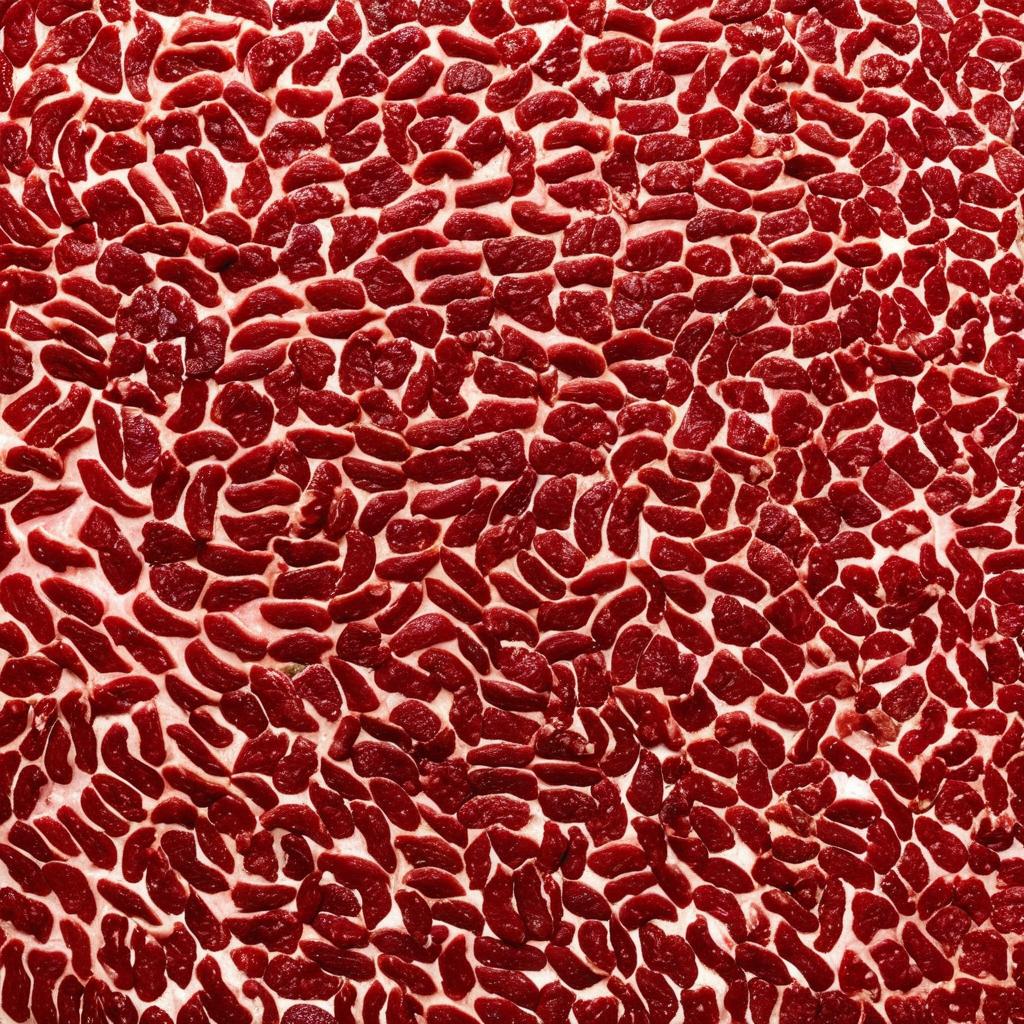The carnivore diet has been gaining popularity as a radical approach to health and wellness. Advocates of this diet claim it can lead to weight loss, improved mental clarity, and even relief from chronic conditions. But what exactly does the carnivore diet entail, and is it truly beneficial? In this article, we’ll delve into the details of the carnivore diet, its potential benefits, drawbacks, and what you need to know if you’re considering making the switch to an all-meat lifestyle.

What Is the Carnivore Diet?
The carnivore diet is a restrictive eating plan that involves consuming only animal products. This includes meat, fish, eggs, and some dairy products. Followers of the carnivore diet eliminate all plant-based foods from their diet, including fruits, vegetables, grains, legumes, and even herbs and spices.
The philosophy behind this diet is rooted in the belief that humans are evolutionarily designed to thrive on animal-based foods. Proponents argue that our ancestors primarily consumed meat and that the introduction of plant-based foods has led to modern health issues such as obesity, diabetes, and autoimmune disorders.
How Does the Carnivore Diet Work?
The carnivore diet is a high-fat, high-protein diet with virtually no carbohydrates. This lack of carbohydrates forces the body to enter a state of ketosis, similar to what occurs in the ketogenic diet. In ketosis, the body burns fat for fuel instead of carbohydrates, which can lead to weight loss and other metabolic benefits.
Since the carnivore diet excludes all plant-based foods, it eliminates sources of dietary fiber, vitamins, and minerals commonly found in fruits and vegetables. As a result, the diet is extremely low in carbohydrates and fiber, which are typically considered essential for a balanced diet.
Potential Benefits of the Carnivore Diet
While the carnivore diet may seem extreme, its proponents claim it offers several potential benefits:
- Weight Loss: Many people who follow the carnivore diet report significant weight loss. The diet’s high protein content can lead to increased satiety, helping to reduce overall calorie intake. Additionally, the absence of carbohydrates may help stabilize blood sugar levels, further aiding in weight management.
- Improved Mental Clarity: Some individuals on the carnivore diet report enhanced mental clarity and focus. The diet’s emphasis on healthy fats, such as those found in fatty cuts of meat, may provide the brain with a steady source of energy, leading to improved cognitive function.
- Reduced Inflammation: The carnivore diet eliminates many common allergens and inflammatory foods, such as grains, legumes, and processed foods. This can result in reduced inflammation and relief from conditions such as arthritis, eczema, and irritable bowel syndrome (IBS).
- Simplified Eating: One of the appeals of the carnivore diet is its simplicity. With only animal products on the menu, meal planning becomes straightforward, and there is no need to count calories or macronutrients.
- Potential for Autoimmune Relief: Some proponents of the carnivore diet believe that it can help alleviate symptoms of autoimmune disorders. By eliminating plant-based foods that may trigger an immune response, individuals may experience a reduction in symptoms associated with conditions like rheumatoid arthritis, lupus, and multiple sclerosis.
Challenges and Drawbacks of the Carnivore Diet
Despite its potential benefits, the carnivore diet also presents several challenges and drawbacks:
- Nutrient Deficiencies: The diet excludes a wide range of foods that are rich in essential vitamins and minerals. Without fruits, vegetables, and other plant-based foods, individuals may become deficient in important nutrients such as vitamin C, fiber, potassium, and magnesium. These deficiencies can lead to long-term health issues if not addressed.
- Digestive Issues: The lack of dietary fiber in the carnivore diet can lead to digestive problems, including constipation. Fiber is important for maintaining healthy digestion, and its absence may cause discomfort for some individuals.
- Sustainability and Variety: Following a strict carnivore diet can be challenging to sustain over the long term. The lack of variety in food choices may lead to dietary boredom, making it difficult to stick with the diet. Additionally, sourcing high-quality, ethically raised animal products can be costly and time-consuming.
- Increased Risk of Heart Disease: This diet is high in saturated fats, which may increase the risk of heart disease for some individuals. While the relationship between saturated fat and heart disease is still debated, it’s important to consider the potential risks when adopting an all-meat diet.
- Social and Cultural Challenges: Adhering to this diet can be socially isolating, as it often conflicts with common dietary practices and cultural traditions. Eating out or attending social events may become difficult, as most meals are centered around plant-based foods.

What to Consider Before Starting the Carnivore Diet
If you’re considering trying the carnivore diet, there are several factors to keep in mind:
- Consult with a Healthcare Professional: Before making any drastic changes to your diet, it’s important to consult with a healthcare professional. They can help assess whether this diet is appropriate for your individual health needs and provide guidance on how to implement it safely.
- Start Gradually: If you’re transitioning from a standard diet to the carnivore diet, consider making the switch gradually. Begin by eliminating processed foods and grains, and slowly increase your intake of animal products. This can help your body adjust to the new way of eating and minimize potential side effects.
- Monitor Your Health: Pay close attention to how your body responds to the carnivore diet. Keep track of any changes in your energy levels, mood, digestion, and overall well-being. If you experience any negative symptoms, such as fatigue, digestive issues, or nutrient deficiencies, consider reintroducing certain plant-based foods or adjusting your diet.
- Consider Nutrient Supplementation: Since this diet excludes many nutrient-rich foods, it may be necessary to supplement certain vitamins and minerals. For example, vitamin C, magnesium, and potassium are commonly lacking in an all-meat diet. Discuss supplementation options with your healthcare provider to ensure you’re meeting your nutritional needs.
- Be Prepared for Social Challenges: Adopting this diet may require navigating social situations where your dietary choices are not well understood or accepted. Be prepared to explain your dietary choices and bring your own food to gatherings if necessary.
Conclusion: Is the Carnivore Diet Right for You?
The carnivore diet is a controversial and highly restrictive eating plan that eliminates all plant-based foods in favor of animal products. While it offers potential benefits such as weight loss, improved mental clarity, and reduced inflammation, it also comes with significant challenges, including nutrient deficiencies, digestive issues, and social difficulties.
If you’re considering trying the carnivore diet, it’s important to do so with caution. Consult with a healthcare professional, monitor your health closely, and be prepared to make adjustments as needed. While the carnivore diet may work well for some individuals, it’s not suitable for everyone, and the long-term effects of such a restrictive diet are still not fully understood.
Ultimately, the decision to follow the carnivore diet should be based on your individual health needs, lifestyle, and goals. By weighing the potential benefits and drawbacks, you can make an informed choice about whether this all-meat lifestyle is right for you.
